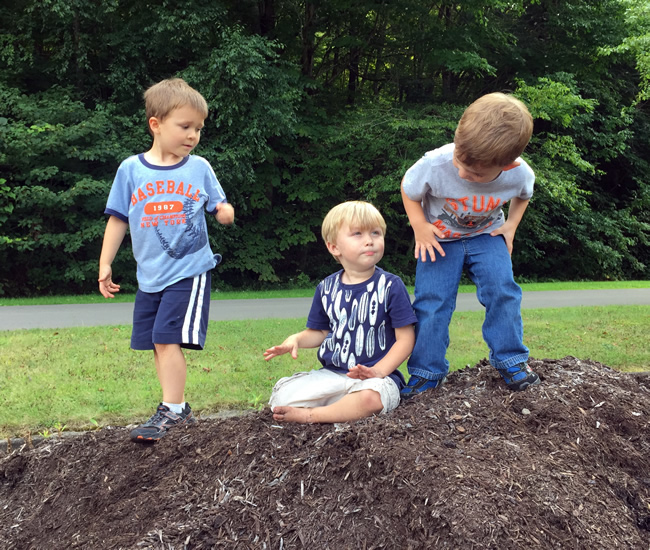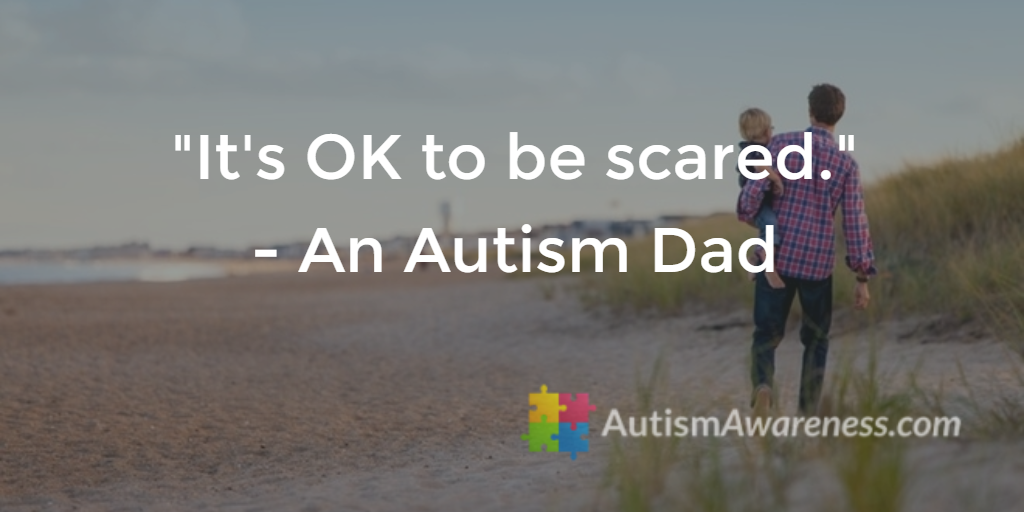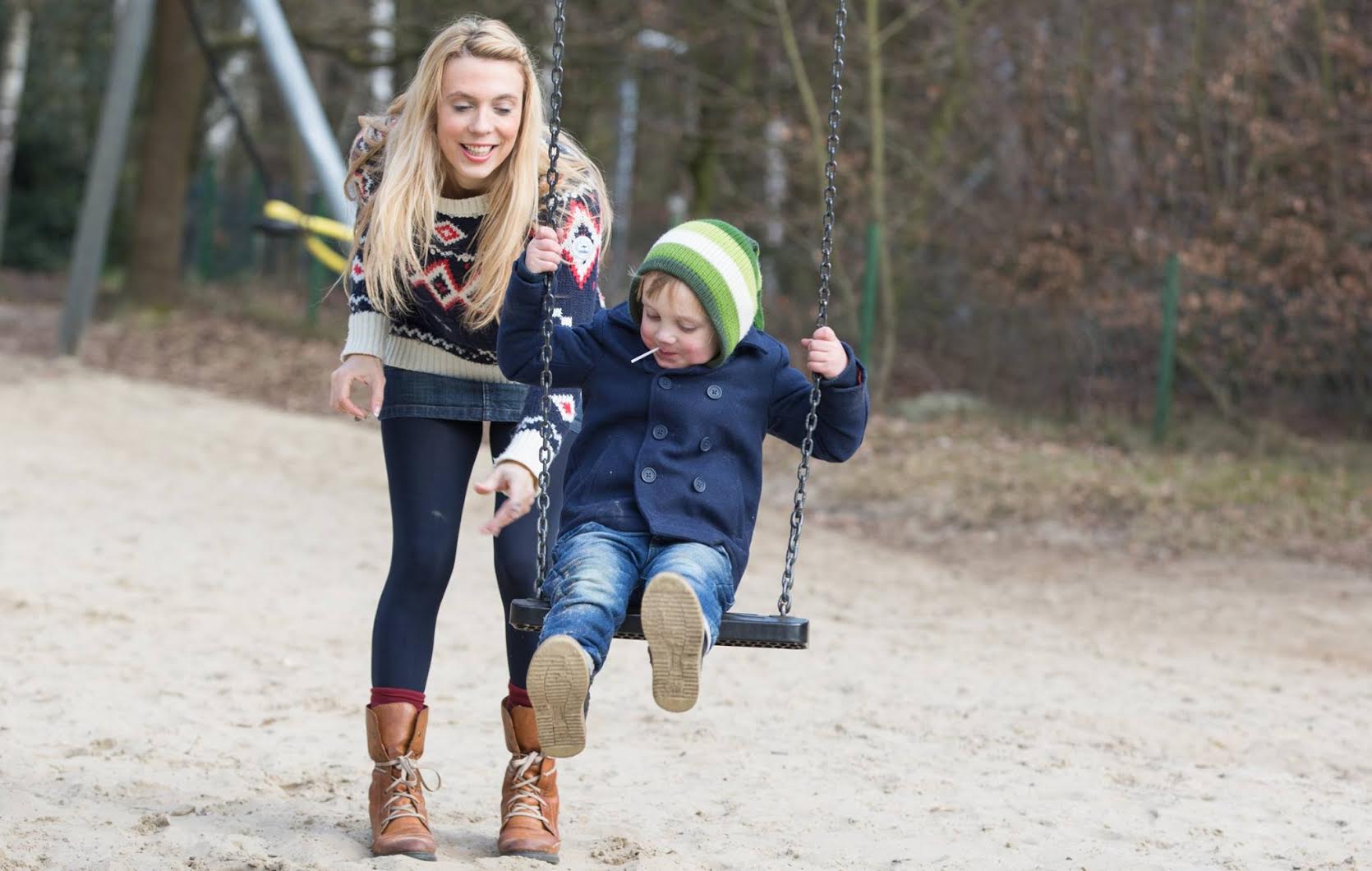
“Would you like to join us for an ice cream?”
“Yes, very much, thank you!” – That’s what I would wish to answer.
“No, unfortunately we cannot.” – That’s what I do answer.
“Maybe in different life.” – That’s what I think.
If friends with healthy children ask me whether my son and I would like to accompany them to the movies, to the shopping mall, or just to have an ice cream, my answer is usually: “No.” And I immediately think: “Maybe in a different life.” Sometimes I even image what the reaction would be if this statement would not only remain in my mind, but would be spoken out: “No. Thank you for asking, but unfortunately we cannot. Maybe in a different life.” At this point I have to mention and emphasize that we have great friends who try really their best to include us. Even if this means going swimming at the most unusual times or accompanying us to the most distant and lonely outdoor playgrounds.
It is very difficult–almost impossible–to have a social life with a disabled child. It is hard work. It is tiring. It takes incredible strength.
I am a very sociable person and I like to have people around me. I enjoy meeting up with friends and I love to discover new things and get totally enthusiastic about new and interesting impressions. I studied in the U.K., and I’ve lived in Brussels and the U.S., and I always wanted to pass on my impressions and travel experiences to my son. It was my greatest wish to visit other countries, events or museums with him. On our first and, so far, last museum visit, my son ripped off the tail of a stuffed animal. After I tried to fix it, we escaped. Evan and I are experts when it comes to escaping. We could rob a bank in no time. We would be gone before anybody realized that we were there.
“You cannot expect people to tolerate Evan’s behavior.” – That’s what a friend of mine said once to me. I think about her words quite often. Is Evan’s behavior unacceptable? Should we not participate in social events or even be a member of this society? I tried to answer that question value-free; at least as good as possible. Can I expect other people to tolerate Evan’s behavior? Evan is loud–very loud–and he’s wild, boundlessly wild and impulsive, uncontrollably impulsive. If we enter a room, it gets loud suddenly and I have the impression that all eyes are focused on us. It is similar to a Wild West movie. The Sheriff enters the saloon and all eyes rest abruptly on him. The bad guys immediately notice that he does not belong there.
Inclusion. When I think about inclusion, I automatically think of our social life. Inclusion. Nice. Such a nice dream. For us at least. Evan and I prefer cafes for handicapped people. We visit events organized by handicapped people and for handicapped people. We still drive to distant and not highly frequented playgrounds. We prefer lonely forest paths.
In Germany, there are nursing homes for the elderly, psychiatric clinics for mentally ill people, and disabled homes for handicapped people. Everyone seems to be divided into groups and remain among their peers. Please don’t get me wrong. I am a real fan of inclusion. If inclusion would run for President, Evan and would definitely be sitting in the front row, cheering for inclusion. We would have huge signs: Go Inclusion, Go! But as long as inclusion only sounds good in theory, similar to a very well-thought-out campaign, it unfortunately remains just a theory. Inclusion begins in the mind of people. Those who are not excluded in the first place, do not then need to be included.
I would love to participate in events to which Evan and I are explicitly welcome and Evan is encouraged to be able to participate in his own way and to his ability. I would love to visit cinemas or theaters, where the audience and the actors continue happily even if Evan is dancing around the stage or accompanies the play quietly on his air guitar. We wish to participate boundlessly and actively in everyday life. Is this outrageous to demand? When it comes to inclusion, no:
“Inclusion is the process whereby every person (irrespective of age, disability, gender, religion, sexual preference or nationality) who wishes to can access and participate fully in all aspects of an activity or service in the same way as any other member of the community. Inclusion requires time, space, effort and resources but it creates a society which is fairer, more cohesive and richer.” (Source: ACE Disability Network)
Is Evan’s behavior an unreasonable demand? Honestly, I do not know. Maybe it is for some people. But nevertheless, we have the desire to participate in everyday life and to be a part of this society. Of course, Evan must keep to certain rules. But he will never be socially compliant and will never meet the expectations of others. And you know what? He does not need to.
Autism is not just a diagnosis. It is our life. I cannot stress and emphasis this sentence enough: To get along in a world and society that is not made for autistic people is a daily effort and challenge. For Evan and myself. We face this challenge. Every day anew. We go swimming, mostly when the swimming pool is empty – but we go. We arrange to meet up with friends. We go on vacation. We visit indoor playgrounds – half an hour before they close. We go to theater performances, sitting in the back row so that we can escape quickly and undetectably. I always think that I’ll never do it again, but then determine after a few days that I will always keep trying. We don’t give up.
Evan and I love life and want to be part of society. We do not want to lock ourselves in at home. I am very grateful that I still have the strength and power to carry us both through these experiences and challenges. I keep the negative experiences away from Evan, thanks to my impenetrable “mother shield,” so that my son can walk smiling and happily through life and continue to believe in the good in life and in people. I want his little independent soul to grow in peace and full of trust. I must admit that my impenetrable mother shield has already suffered a lot and only stays together out of habit sometimes.
Although Evan has already undergone a lot of negative experiences in his life, this wonderful little boy has the gift of lovingly approaching people and simply taking their hand and believing in the good in everyone. Without any reservations. Whatever ethnicity, disability or social class they belong to. Is that not great? Moments like that make me believe that this little boy is so much wiser than a lot of other people (including me).
I also believe inclusion has its limits, but Evan and I still hold onto a world without stereotypes and boundaries. We believe very strongly and with all our heart that one day we will be guests of honor in the front row at a social event. Not in a different life. In this life. Welcome, little Evan! Does it sound idiotic? I don’t care.
—-
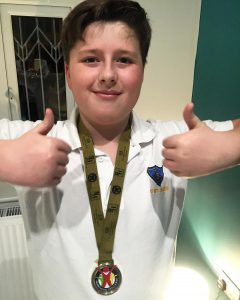 Gail Twist was so surprised, and gladdened, by a letter sent by her son’s teacher, that she posted it on Twitter, along with the words: In tears. A letter to my 11 yr old autistic son from his school. “These tests only measure a little bit of you.”
Gail Twist was so surprised, and gladdened, by a letter sent by her son’s teacher, that she posted it on Twitter, along with the words: In tears. A letter to my 11 yr old autistic son from his school. “These tests only measure a little bit of you.”
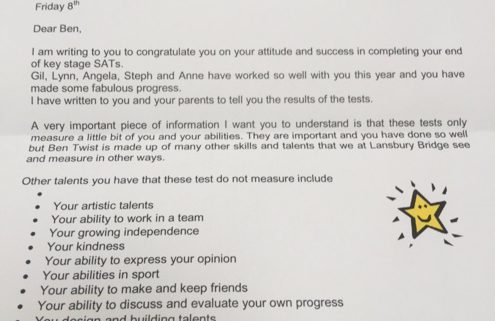

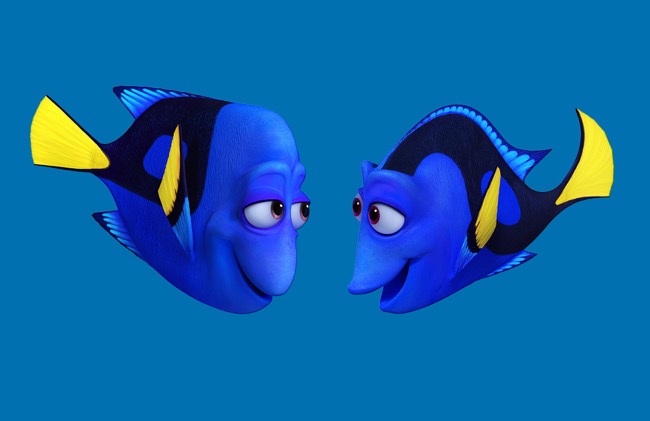
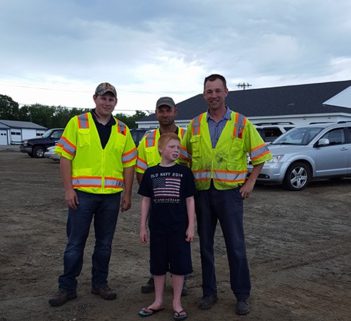
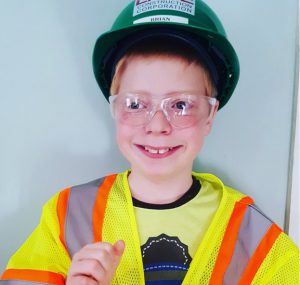 Heather Nelson, her husband Colin, and her two sons live right along a major road in Rockland, Maine, that’s currently undergoing a complete overhaul. It’s been big inconvenience for many commuters who travel the road daily, including Colin.
Heather Nelson, her husband Colin, and her two sons live right along a major road in Rockland, Maine, that’s currently undergoing a complete overhaul. It’s been big inconvenience for many commuters who travel the road daily, including Colin.
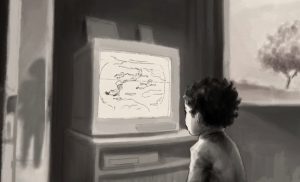 For many of us, Disney animated films are just entertainment. But for the Suskind family, these films are much, much more. After all, it was through these films that their son Owen learned to relate to the world around him and make sense of it after autism took him away. And it was through these films that his parents found a way back to him.
For many of us, Disney animated films are just entertainment. But for the Suskind family, these films are much, much more. After all, it was through these films that their son Owen learned to relate to the world around him and make sense of it after autism took him away. And it was through these films that his parents found a way back to him.


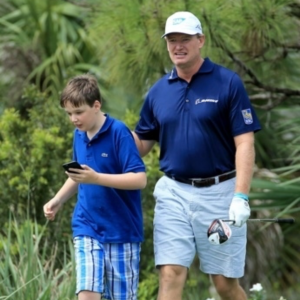 Pro golfer Ernie Els was used to the nagging voice in his head, especially as he was lining up his shots during tournaments. But he wasn’t used to hearing it in his personal life, until his son Ben was born. Ben was slow to hit his development milestones and never met Ernie’s gaze, and he was eventually diagnosed with autism. Like many parents of children on the autism spectrum, Ernie wondered what he’d done wrong—how he could have prevented his son from “getting autism.”
Pro golfer Ernie Els was used to the nagging voice in his head, especially as he was lining up his shots during tournaments. But he wasn’t used to hearing it in his personal life, until his son Ben was born. Ben was slow to hit his development milestones and never met Ernie’s gaze, and he was eventually diagnosed with autism. Like many parents of children on the autism spectrum, Ernie wondered what he’d done wrong—how he could have prevented his son from “getting autism.”
